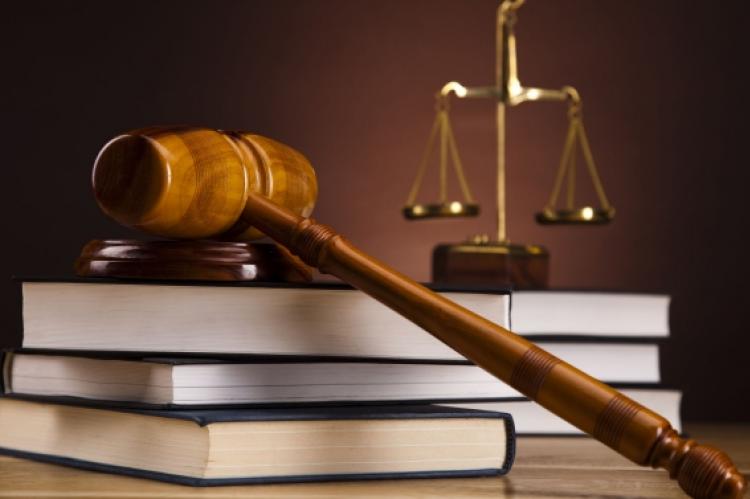Does proposed presidential system in Turkey have no checks and balances?
Article published on website of the European Council on Foreign Relations mentions oft-repeated false claims about proposed constitutional amendments in Turkey
An article about Turkey's upcoming referendum and the proposed constitutional amendments was published on the website of the European Council on Foreign Relations on 7 April 2017. Omitting some crucial information about the amendments, the article included several false claims.
First, it was claimed that the new system will expand the powers of the presidency over top judicial appointments and parliament: "The new system effectively eliminates the checks and balances." However, in strict contrast to the author's claim, the new system introduces an effective checks and balances mechanism.
In the current system that was established after the 1980 coup, the president can be impeached only for treason. But a crime first and foremost needs to be defined by law in order for someone to be judged on account of committing it while treason was not even cited as a crime in the Turkish Penal Code. As a result, it is technically impossible to impeach the president in the current system.
The proposed amendments, however, expand the scope of the criminal responsibility of the president considerably, replacing the phrase 'high treason' with 'a crime'. According to the bill, it will be possible to impeach the president for any crime defined in the Turkish Penal Code, following the steps of the impeachment process. Article 105 explains how this mechanism, similar to that in the US, will work.
In the current system the president can dissolve the parliament as President Recep Tayyip Erdogan did after the June 7 elections in 2015. But the proposed system introduces bilateral renewal of both the presidential and the parliamentary elections. If the president renews the parliamentary elections, the presidential elections will have to be held again as well, resulting in a loss of term for the president. The president who decides to renew the elections in his second term will lose that term and would not run for president again.
Another feature of the checks and balances mechanism is the parliament's functional superiority over the executive. Presidential decrees will always be inferior to the parliament's legislation in terms of legal hierarchy. This also means that the executive will be prevented from interfering with the parliament. Article 119 says:
“The President can issue decrees on subjects concerning the executive. The fundamental rights, personal rights and duties in the first and second divisions, and the political rights and duties in the fourth division of the second section of the Constitution cannot be regulated by Presidential decrees. The President cannot issue decrees on issues that the Constitution says will be specifically regulated in code. Issues which are conspicuously regulated by code are exempt from Presidential decrees. When a code and a Presidential decree have different prescriptions, that of the code applies. A Presidential decree is annulled when the parliament issues a code on the same subject as the decree.”
The president will be able to issue decrees in only six topics that concern solely the executive as opposed to 80 topics that the constitution says will be specifically regulated by codes – another aspect that further serves the separation of powers.
Any official within the executive, including the president, will be prohibited from presenting legislative proposals to the parliament, contributing to its independence.
Secondly, using the same false claim the article often voices that statement that the new system could pave the way for a one-man regime. However, one-man rules can emerge in any regime type and are not peculiar to presidential sytems. For instance, Adolf Hitler established his one-man regime in a parliamentary system.
Plus, with the checks and balances introduced in the amendments which are explained above a posible one man rule will be prevented.
To read more about the content of the proposed amendment, please click here.



